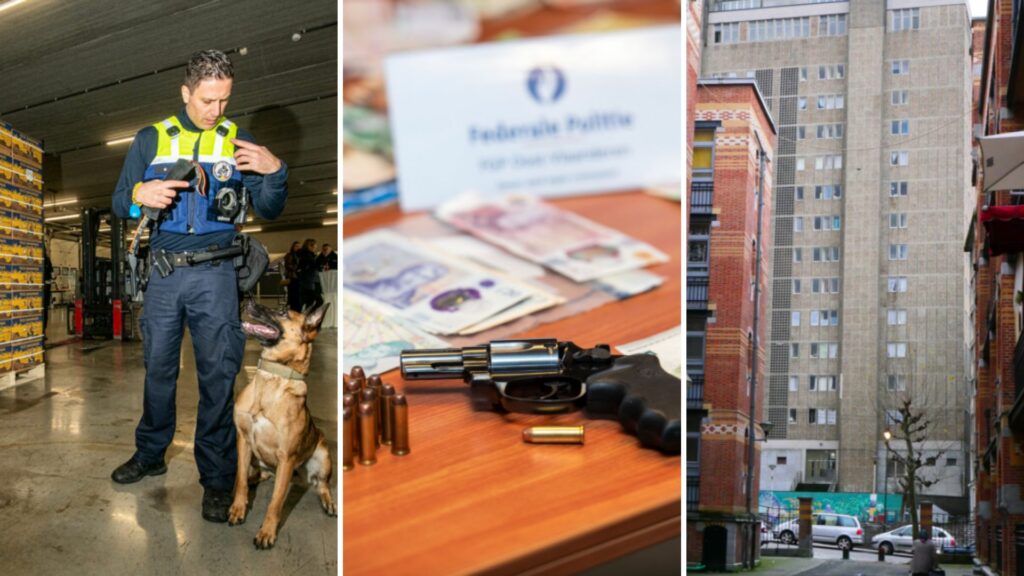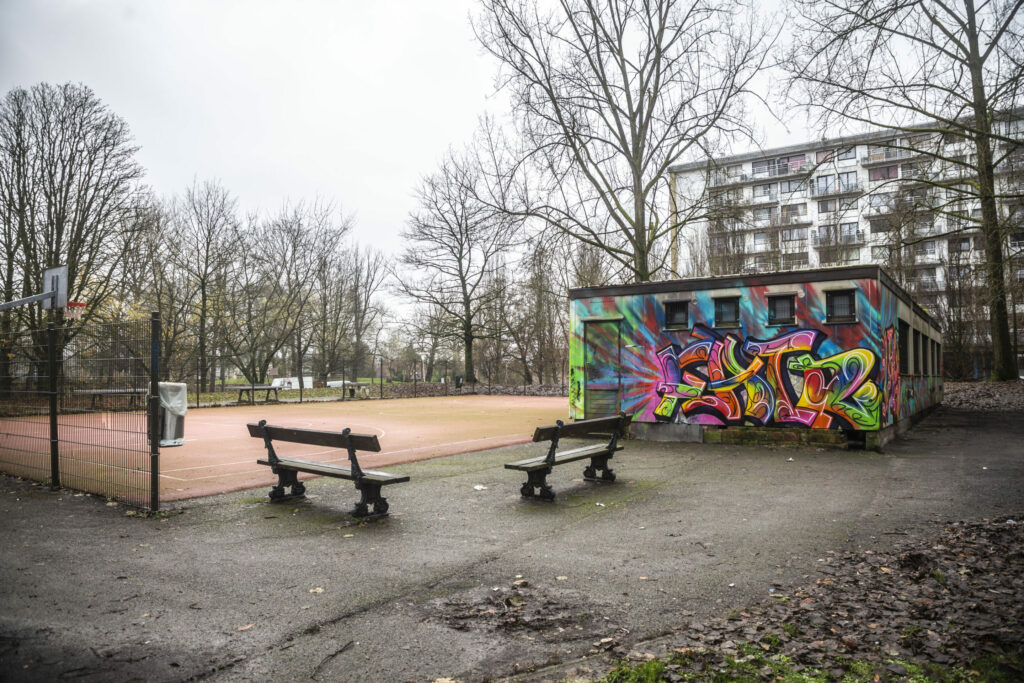The drug violence that has swept Brussels this week has again sparked debate about the provenance of the problems and how to deal with them. Highlighting the enormity of the challenges, local officials have pointed to international criminal networks willing to wield increasingly deadly instruments to assert their supremacy.
At the same time they call out a chronic underfunding of police forces which leaves officers without the resources to stem the lucrative flow of substances. The city's Minister-President likened the task of police to "mopping up with the tap wide open", frustrations that echo those of the local police chief, who spoke of a 20% funding deficit – equal to some 200 missing personnel.
Without the means to lead effective street-level operations nor the capacity to dismantle international organisations, the sense that drug gangs have the upper hand is growing. Residents of the neighbourhoods most affected by dealing and drug use have attested to the lack of intervention, often despite sounding the alarm for years.
At the same time, lethal weapons have become synonymous with the trade. Just yesterday a Kalashnikov was discovered in a police check; in December Belgium was found to have Europe's fourth-highest rate of gun violence. One federal police arms specialist admitted that "You only find as much as you actively look for."
But treating the issue as a Brussels problem is a hopeless approach, regional and federal authorities concur. To prevent an endless whack-a-mole cycle of localised repression, coordination is needed at the national and international levels. The major Sky ECC drug probe proved the power of concerted efforts, significantly disrupting chains of criminal command and leading to hundreds of heavyweight arrests.
Others have even suggested revising drug laws as a means of undermining the market that makes the trade profitable. This wouldn't eradicate the problem but would no doubt change how it is perceived and how to remedy it. Though with the matter now framed as a deadly crisis, longer-term policy shifts will be for later.
Belgium in Brief is a free daily roundup of the top stories to get you through your coffee break conversations. To receive it straight to your inbox every day, sign up below:
1. More and more Belgians amend their marriage contracts
Belgians are increasingly aware of the importance of the marriage contract, with a growing number of couples amending their existing agreements for legal and financial reasons. Read more.
2. A hotbed of drug violence: The Brussels neighbourhood in the hands of gangs
Recent incidents of drug violence have put the Peterbos housing estate in Anderlecht in the spotlight. Situated in the west of the Capital Region, residents of the high-rise apartments have sounded the alarm about drug gangs that have overrun the neighbourhood. Read more.
3. The art and events to look out for in Brussels and beyond
The Brussels Times selects some of the best exhibitions currently on show in museums and galleries. Read more.
4. Person with Kalashnikov intercepted in Brussels Marolles
Brussels police intercepted a person with a Kalashnikov during a check in the Marolles on Wednesday, several Flemish media report. It is not clear whether there is a link to the shootings in the area in recent days. Read more.
5. Today in History: Sabena Flight 548 crashes just outside Brussels Airport
On this day, 15 February 1961, a Belgian aeroplane – Sabena's Flight 548 – en route from New York City to Brussels crashed on approach to Brussels Airport, killing all 72 people on board (including the entire United States figure skating team), and one person on the ground. Read more.
6. Liège becomes an official UNESCO 'learning city'
Liège is one of 64 new cities joining UNESCO’s global ‘learning cities’ network, according to sources at the University of Liège, who led the city’s application. Read more.
7. Van Gogh painting discovered in Flanders during renovation works is fake
The painting that was thought to be a self-portrait of famous Dutch artist Vincent Van Gogh discovered during renovation works in the house of a Flemish couple in Ghent is not real, analysis has shown. Read more.


